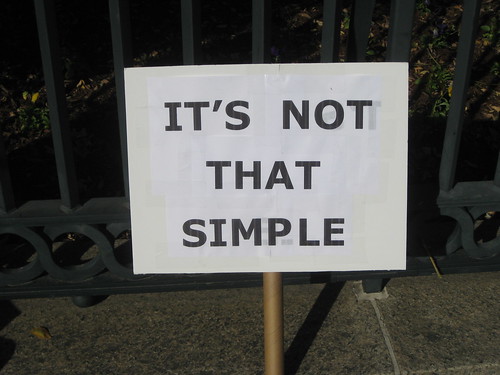
Americans are weirdly private people. Nearly every other culture I’ve experienced involved sharing more personal information with strangers than your average American wants to provide. It used to feel really uncomfortable. (Okay, it stills tends to feel uncomfortable.)
But I have a technique now – I lean in. I counter intrusive-feeling personal questions with nosy questions of my own. It serves as both self-defense and a chance to learn about other cultures. I stop, obviously, if my conversational partner seems uncomfortable being questioned. Most of the time people seem thrilled to answer, though. I’ve heard an awful lot of interesting stories.
Here’s what I ask:
1) Do you have children? Why or why not? Do you wish you had more boys/girls? How old were you when your first child was born? Were your children born at home or in a health facility? Was the doctor friendly? Are your kids in school? What school?
2) Who lives in your house? Just you and your spouse and children, or other relatives? Whose house is it? Do you own the house or rent it? How long have you lived there? Who does the cooking and cleaning?
3) Are you married? (Why not?) How old were you when you got married? Who chose your spouse – you or someone else? Where was your wedding? How many people attended? Were you happy on your wedding day or just nervous? Did you have food at your wedding? What kind?
4) What is the biggest health problem in this city/village? In this country? Are doctors kind and friendly here? Where would you go in a health emergency? Is health care expensive?
5) What job do you do? Do you like it? What job would you do if you could have any job? What job did you expect to have when you were a child? What careers do you want for your children?
Bonus questions just for taxi drivers:
1) Do you rent or own this car? How does the rental arrangement work? How did you buy it – did you take a loan or save up money, or get a gift from a friend or relative? How many hours a day do you drive? How did you become a taxi driver? Is this safe work? Do you carry a weapon? Do all your friends and relatives ask you to drive them around? What is the most interesting customer you’ve ever had?
(Photo credit: me)






